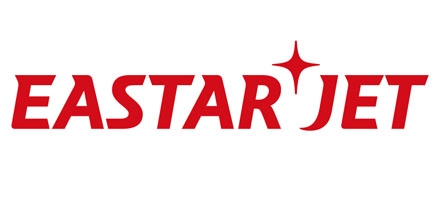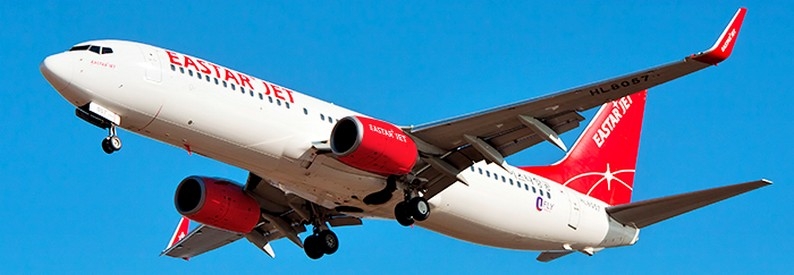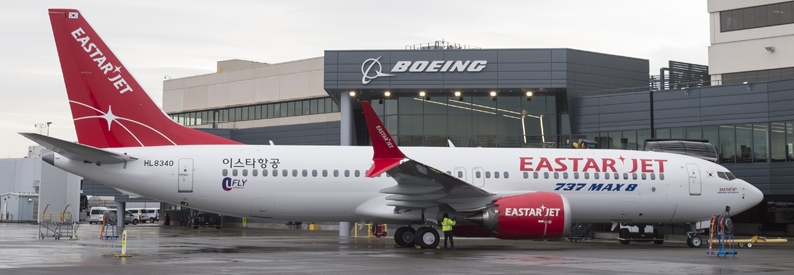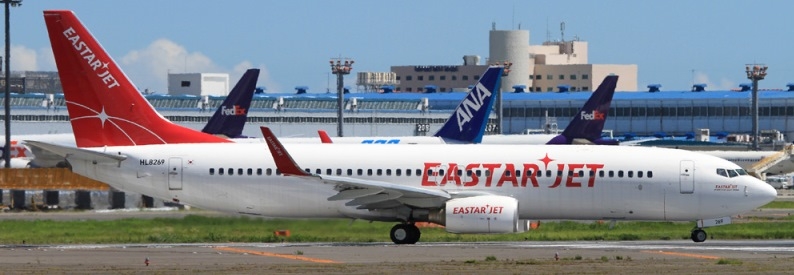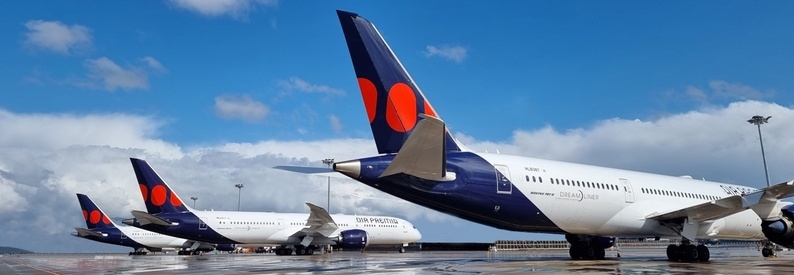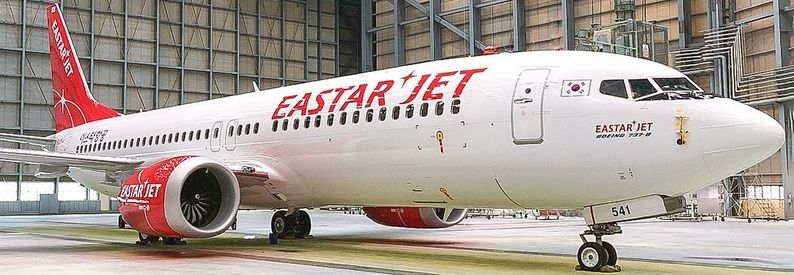Eastar Jet (ZE, Seoul Gimpo), which is set to resume operations on March 26 after a three-year break, plans to increase its fleet to ten aircraft by the end of this year, including three B737-8s, as it works towards relaunching international flights, CEO Cho Joong-seok revealed during a news conference.
Cho unveiled the restarting budget carrier’s new five-year business plan to reporters on March 14. Eastar already has three dry-leased B737-800s ready for operations and is in talks with lessors to add two more in the first half of 2023 and a further five Boeing aircraft - including the three MAX jets - in the second half.
The company reacquired its air operator’s certificate (AOC) last month and has begun ticket sales on its website for the domestic route Seoul Gimpo-Jeju, so far up to October. International routes will follow, likely to Taipei Songshan in Taiwan, to Tokyo Narita, Osaka Kansai, and Fukuoka in Japan, and to Viet Nam, Thailand, and China (Seoul Incheon-Shanghai Pudong and Jeju-Shanghai), Cho said.
Eastar Jet has set the financial goal to achieve KRW146 billion won (USD112 million) in sales this year and will seek a turnaround in profit next year. By 2027, it hopes to operate more than 20 aircraft and achieve KRW800 billion (USD613 million) in sales. It plans to hire 200 more employees this year; those laid off during the company restructuring will be rehired first.
“[Private equity firm] VIG Partners during its process of acquiring Eastar Jet preemptively pushed for the introduction of new aircraft,” Cho divulged, explaining that Boeing’s next-generation aircraft will increase the range of international route options.
The airline invested more than KRW9 billion (USD6.9 million) in training equipment and computer systems in the run-up to regaining the AOC, and VIG plans to invest an additional KRW20 billion (USD15.3 million) in the retraining of employees and reintroducing safety facilities and equipment.
The chief executive expressed confidence about the company’s financial backing. Eastar Jet has previously said that VIG Partners had injected KRW110 billion (USD84.3 million) into the carrier’s operating funds, allowing it to escape its earlier capital erosion.
Asked about the merger of Asiana Airlines and Korean Air and their respective LCCs, Cho said: “Even if a giant airline emerges, there will still be a niche market, and I believe that a crisis can be an opportunity.”
Meanwhile, the change in name that Eastar had previously considered had been cancelled, Cho said. “Although Eastar Jet can be seen as contaminated with its brand name due to earlier misjudgements by some executives, we plan to maintain the mission as it has been loved for a long time, enough to give it the nickname of Korea’s national airline.”
- Type
- Base
- Aircraft
- Destinations
- Routes
- Daily Flights
